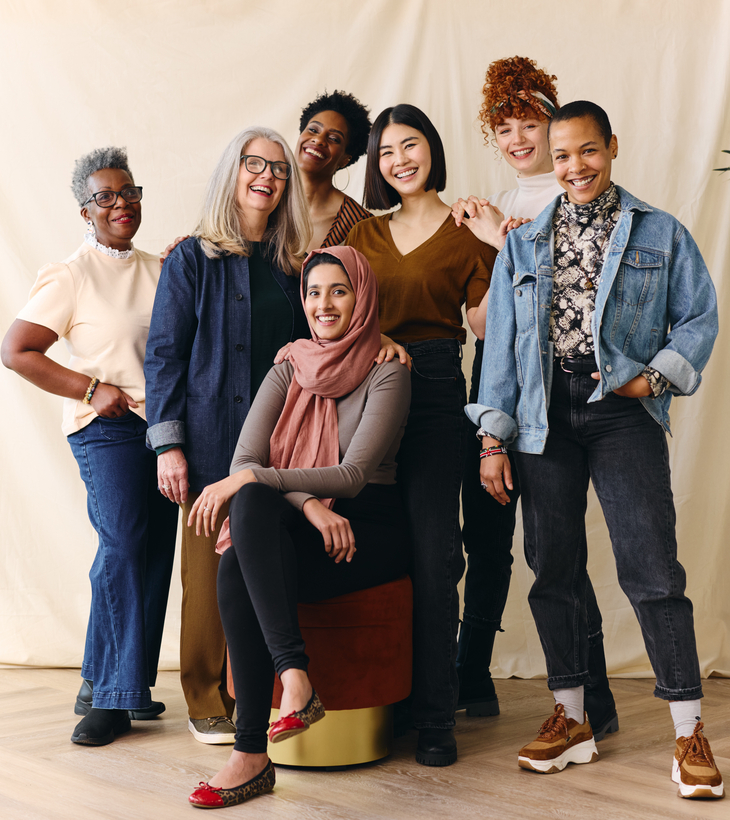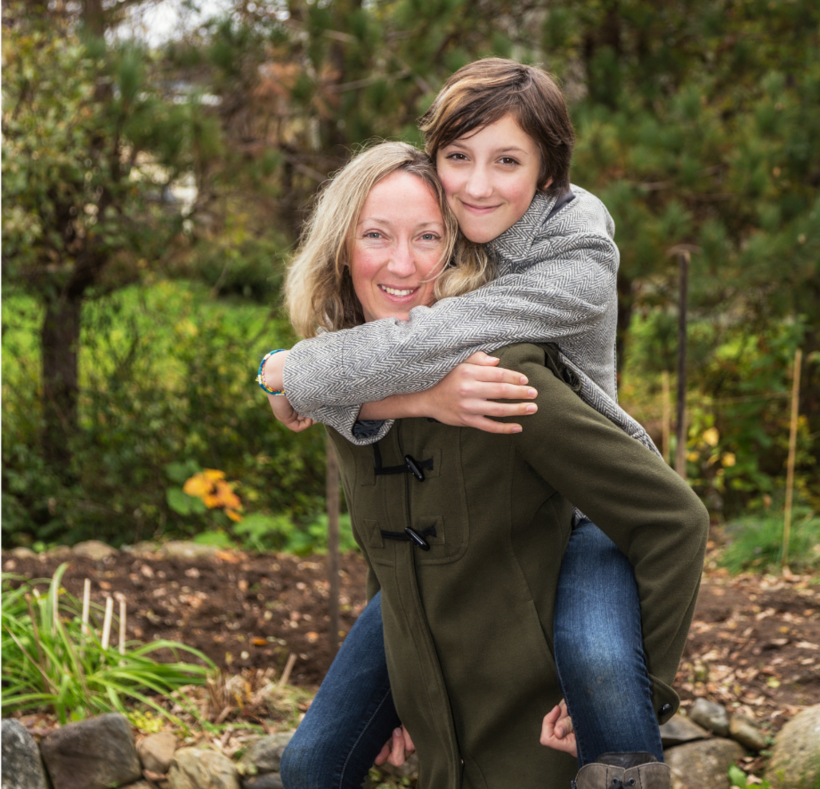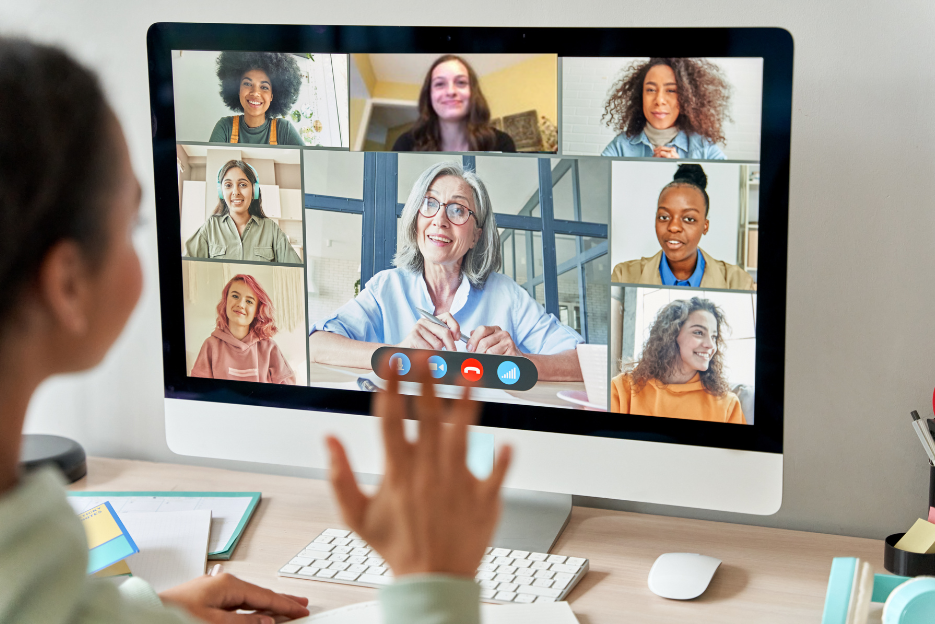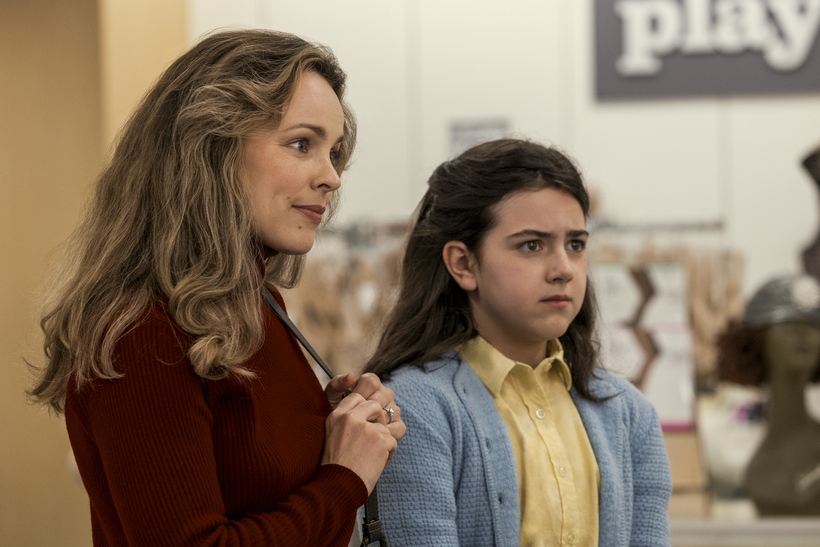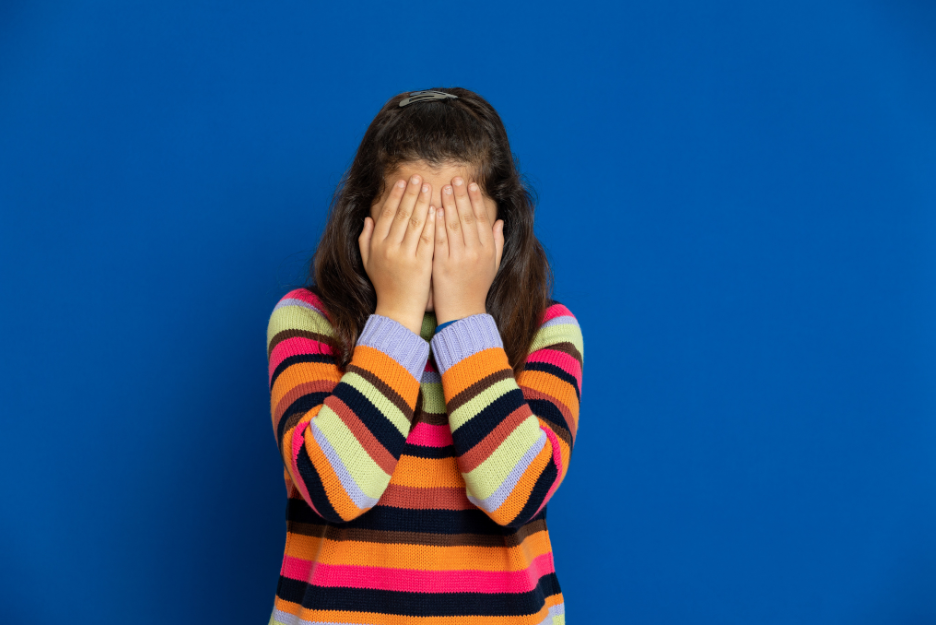Mothers form a circle around the girls’ group and go on a journey together too
Continue readingWhat do we need to do for our kids… so they’ll do it for themselves later?
As parents we want to do a good job, of course we do. But what does that even mean?
Here’s my superpower as a parent. How I treat myself, and how I treat my children, is going to set the blueprint for how they’ll treat themselves.
Less stress during the festive season
This time of year is supposed to be fun, but sometimes there’s so much to be done as a parent. How could it be less stressful?
Continue readingGiving our children good endings
Giving our children an experience of good endings will equip them well for all the endings that life brings
Continue readingThere’s a Barbie in all of us!
Barbie, some light-hearted comedic entertainment, but the film is so much more – it delves deep into the concepts of womanhood, puberty, coming of age, patriarchy and feminism.
Continue reading‘Are you there God? It’s me, Margaret’
With the cinema release of ‘Are you there God? It’s me, Margaret’, you might wonder whether a 50-year story is still relevant. Spoiler alert, it is…and not just because it tackles the, still taboo, subject of periods!
Continue readingWhy are girls so anxious?
Girls’ mental health is in a bad way. We have a new crisis on our hands.
No, stop! When we catastrophise, we become paralysed. We can help girls with their anxiety…
Meet a Mentor – Rachel
Running my first Girls’ Net group really confirmed to me that, however they are feeling at the time – nervous, quiet, eager, curious or just okay – girls look out for each other and make great company.
Continue readingNo longer happy to try new things?
Helping children to regain social confidence after months of lockdown and social distancing.
Continue readingMeet a Mentor – Fiona
I have grown so much since beginning the Girls’ Net Mentor training as a listener, woman, friend, mother, coach and mentor.
Continue reading